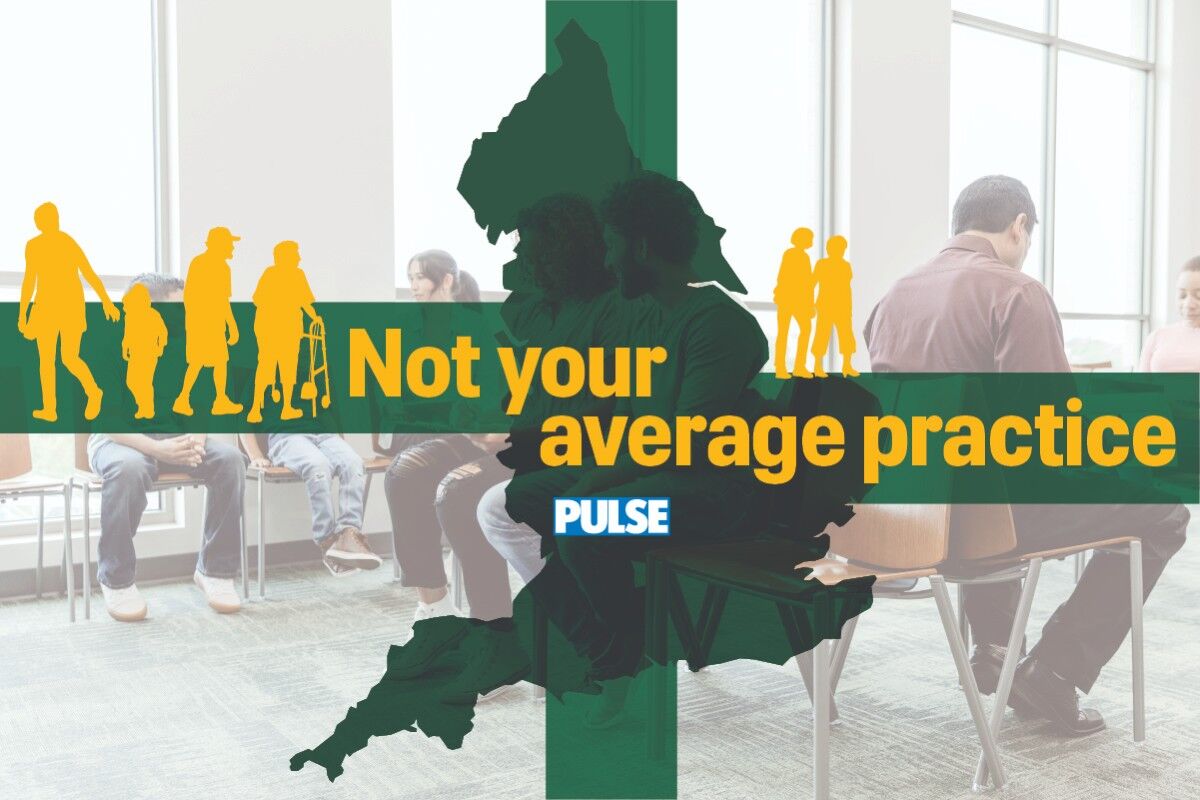Health secretary Jeremy Hunt is set to put an end to hospitals asking GPs to re-refer patients who have missed an appointment, as part of a range of measures designed to free GPs from needless bureaucracy.
The Department of Health said all CCGs will be told to ensure hospital rearrange appointments with patients themselves as part of a drive to free up two hours of GP work a week.
Mr Hunt will announce later today that the Government is also planning to introduce a single payment system for GPs to replace the current fragmented system, which together he claims will lead to a ’5% increase in workforce capacity equivalent to 15 million appointments a year’.
The DH said it ‘had listened to GPs’ and comes after GPC chair Dr Chaand Nagpaul sent a template letter only last week for practices to send to CCGs to demand the end of time-wasting re-referral policies.
It comes after the NHS Alliance and Primary Care Foundation report Making Time in General Practice, released earlier this month, estimated that 15 million appointments could be made available by cutting bureaucracy around rearranging hospital appointments and chasing test results.
Dr Nagpaul told Pulse that the waste of appointments was ‘completely scandalous’, and welcomed the DH’s support in ‘reinforcing’ the message.
The measures will be announced by Mr Hunt in a speech on increasing patient power in the NHS, which the DH said will include:
- ’Immediately stopping pointless referrals from hospitals back to GPs – a waste of time which accounts for around 2.5% of appointments’;
- ’Introducing a single payment system that covers all transactions to stop GP practices chasing different organisations for payment’;
- ‘Making surgeries paperless by 2018 and ending the use of fax machine communications between hospitals and surgeries will also save valuable; resources which can be given over to patient care’;
- ’Introducing an Ofsted-style ratings system by CCG area covering cancer, dementia, diabetes, mental health, learning disabilities and maternity’.
Mr Hunt will say: ’We’ve made progress in creating a stronger partnership between doctor and patient, but we still put too many obstacles in the way of doctors and nurses wanting to do the right thing.
’By being more transparent than ever before about crucial services and freeing up more time for GPs to care, we really can make NHS patients the most powerful in the world.’
Reacting to the proposal to curb re-referrals, Dr Nagpaul said: ’We think it is crucial that this happens. However it is not just missed appointments, it is a raft of bureaucratic workload shift from other sectors: chasing up results, expediting follow-up appointments, patients coming to see us when they have had a hospital appointment but they have queries about their treatment.
’They are always being told to see their GP and it is just blocking up our appointments.’
However, he said the proposal to give CCGs ‘Ofsted-style’ ratings on different clinical areas was ‘crude’ and ‘not meaningful’.
The Government has promised to reduce GP bureaucracy, with one previous measure including the reduction of QOF by 40% in the 2014/15 GP contract.
The RCGP has also called for an immediate halt to CQC inspections, while leading general practice expert Professor Martin Roland has called for a dramatic reduction in CQC inspections.










